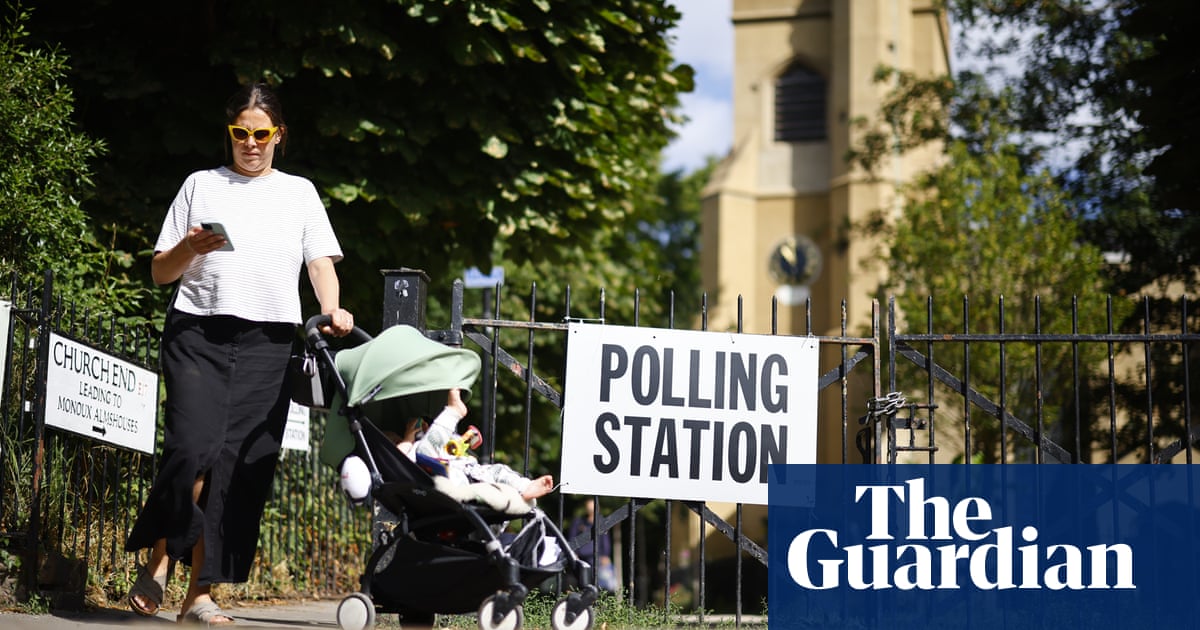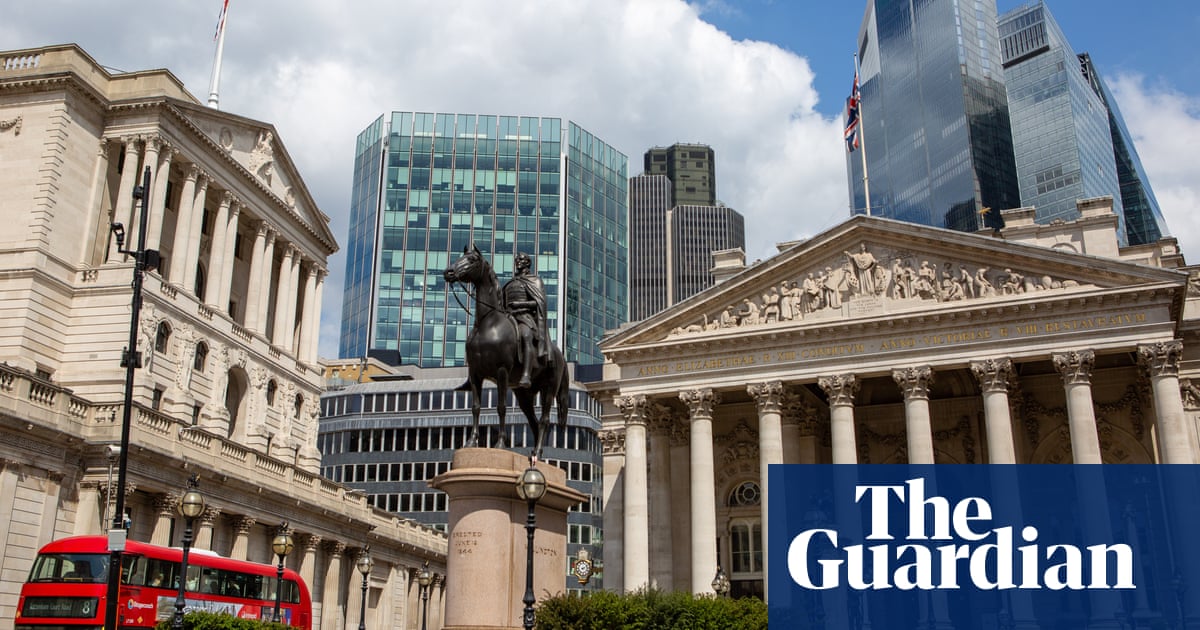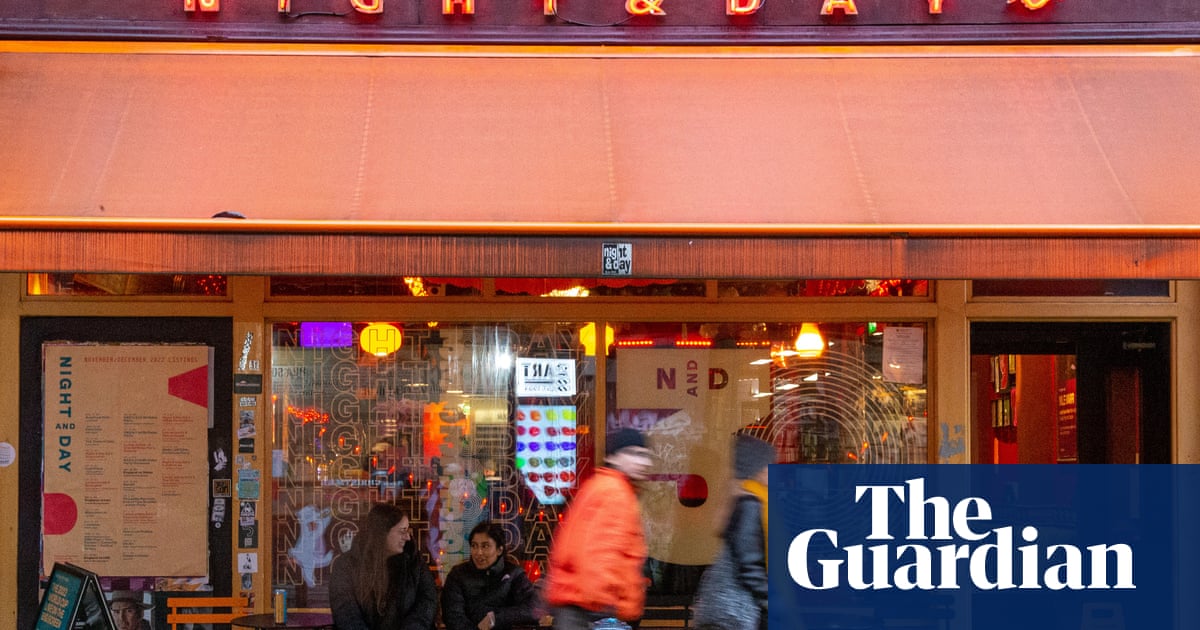
The Lib Dems, Greens and SNP face being cut out of televised leadership debates, as broadcasters plan to focus on two head-to-head contests between Rishi Sunak and Keir Starmer.
ITV is working on a debate featuring only the leaders of the Labour and Conservative parties, according to sources at the broadcaster, in line with the format demanded by Labour.
A head-to-head debate format could help Labour, as it would ensure Starmer does not have to stand on stage and be criticised by smaller leftwing parties on issues such as green funding or the Israel-Gaza war. It could also harm Reform UK, the reborn Brexit party, which is fighting to get airtime for its anti-immigration message.
The BBC is likely to adopt a similar approach, although its public funding makes it politically tricky to exclude smaller parties. One solution would be to give the leaders of smaller parties airtime on a Question Time Q&A in front of a live audience, as happened at the last election. There could also be a wider BBC debate involving as many as seven parties - although at the last election the major parties did not send their leaders to this event.
Broadcasters are confident they can exclude smaller political parties from the stage after a court ruling during the 2019 general election that concluded there were no legal grounds to force ITV to include the Lib Dems and SNP in its debate. The high court said the format of election debate programmes was an editorial matter for broadcasters and the media regulator Ofcom. Broadcasters can meet the requirements for due impartiality by giving smaller parties airtime in other programmes.
Labour has indicated it is willing to put Starmer up for only two leadership debates during the election campaign, which will mean a rush between ITV and the BBC to nail down a format and be first to air. Sunak has responded by proposing six debates – one a week – until polling day and accused Starmer of running scared. But with a large poll lead there is little incentive for the Labour leader to take such a risk.
As a result, smaller television broadcasters are also likely to miss out, with Sky News and GB News unlikely to secure both Starmer and Sunak on the same stage at the same time.
Starmer instead confirmed on Friday night that he would take part in a Sky News Q&A with voters in Grimsby. He had told the news channel earlier: “I could do 100 debates with Rishi Sunak, but I know what he’s going to say: he’s going to say everything is fine, the cost of living crisis is over, the health service hasn’t got any problems.”
Television debates take up days of the campaign, dragging party leaders away from constituency visits and other forms of media. One person with first-hand knowledge of leaders’ debates says politicians treat it as “an exercise in not messing up” rather than an opportunity to capitalise on projecting their leadership credentials to a large TV audience. Party leaders conduct lengthy rehearsals arguing with aides pretending to be opposition politicians.
While some other countries have independent organisations to agree the format for election debates, the UK has always relied on ad hoc negotiations between the parties and TV broadcasters. The first televised debates were held in 2010 between the leaders of the Conservatives, Labour and the Lib Dems. These introduced the public to Nick Clegg, causing the Lib Dems to briefly surge on the back of “Cleggmania”.
The Tories later blamed the broadcasts for costing David Cameron a majority, starting a rolling debate over the format of the debates that has continued ever since. During the 2015 general election, there was one debate featuring seven different party leaders on the same stage.
Theresa May ducked out of the leadership debates during the 2017 general election, only to find it added to the sense of chaos around the Conservatives’ campaign. She later expressed regret over this decision: “I should have done the TV debates. I didn’t because I had seen them suck the life blood out of David Cameron’s campaign.”
The party that is behind in the polls also tends to want more debates. Lynton Crosby, who oversaw several Tory election campaigns, kept Boris Johnson’s debate appearances to a minimum during the 2019 election campaign on the basis they could derail a campaign that was already on track for victory.
Crosby’s protege Isaac Levido is in charge of this year’s Tory election campaign, and with the Conservatives facing defeat the party has rediscovered its desire for debates.












